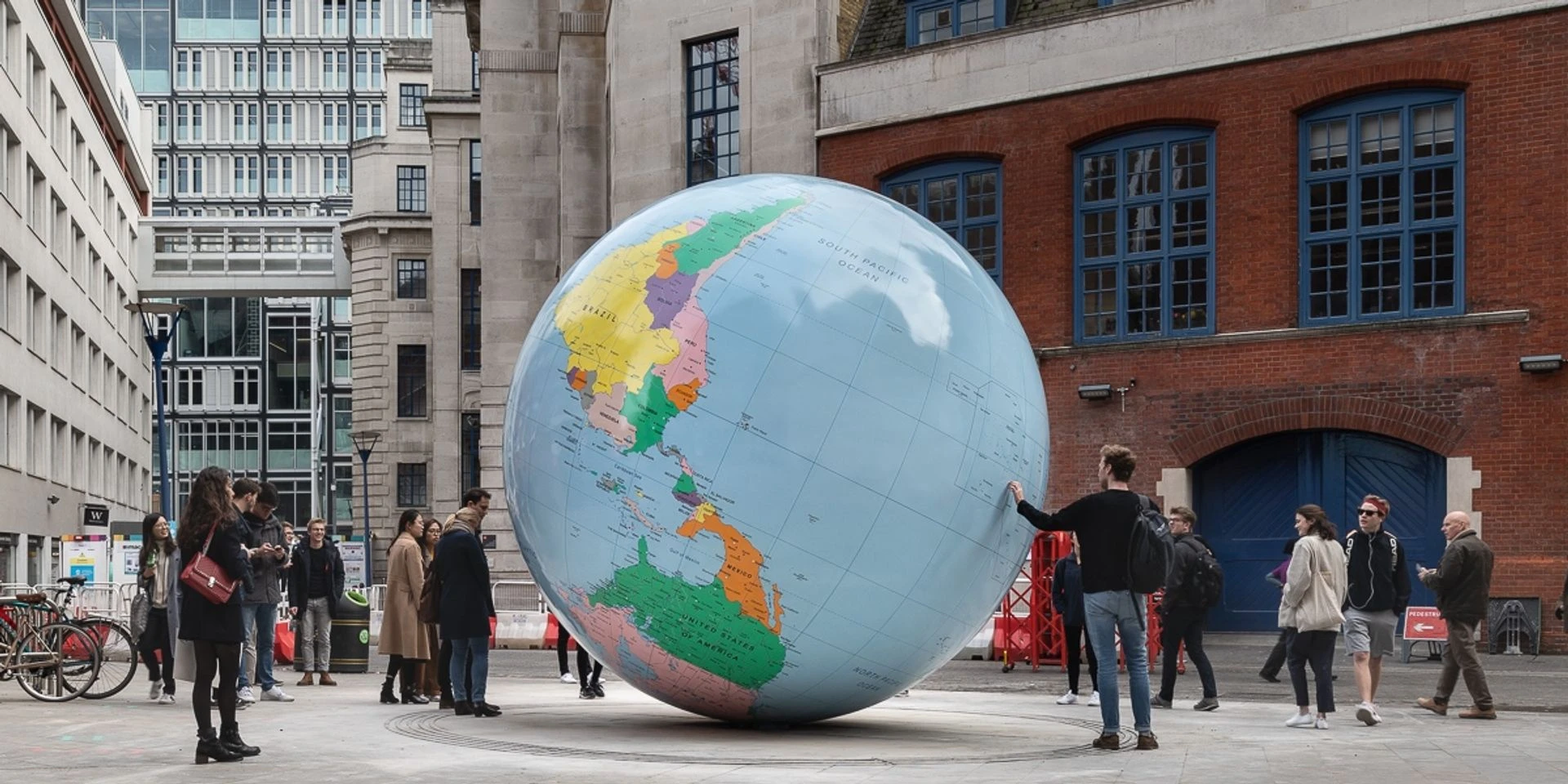Five global challenges

We are living in a dynamic world, at a decisive moment for humankind and our planet. Recent decades have seen profound upheavals in social, economic, and political arrangements at global and national levels, as well as in ways of thinking about these arrangements.
The social sciences are essential to understand these developments and enable societies to navigate them. We have also seen dramatic advances in science and technology; the social sciences are essential in enabling societies to utilise these advances for social good.
LSE’s world-leading research and teaching in the social sciences, our close connection to policymakers, and our power to convene the world in our home in London, a global capital, makes us uniquely placed to understand these developments and propose, debate, and disseminate solutions to the following five major challenges they pose.
Popular government: Which forms of democratic governance are inclusive and responsive to people’s needs and desires, and what are their pre-conditions?
Political economy: What is the right relationship between markets, government, and society?
Sustainable development: Which social arrangements and policies contribute to development consistent with environmental limits?
Inequality: What are the causes and consequences of social, political, and economic inequalities and how should social arrangements address them?
New technologies: How will new technologies impact society, and how can they be harnessed to accelerate positive change and while limiting their potential for harm?